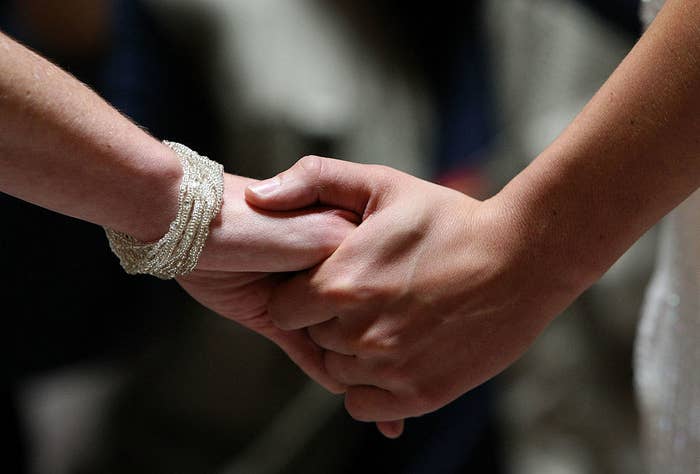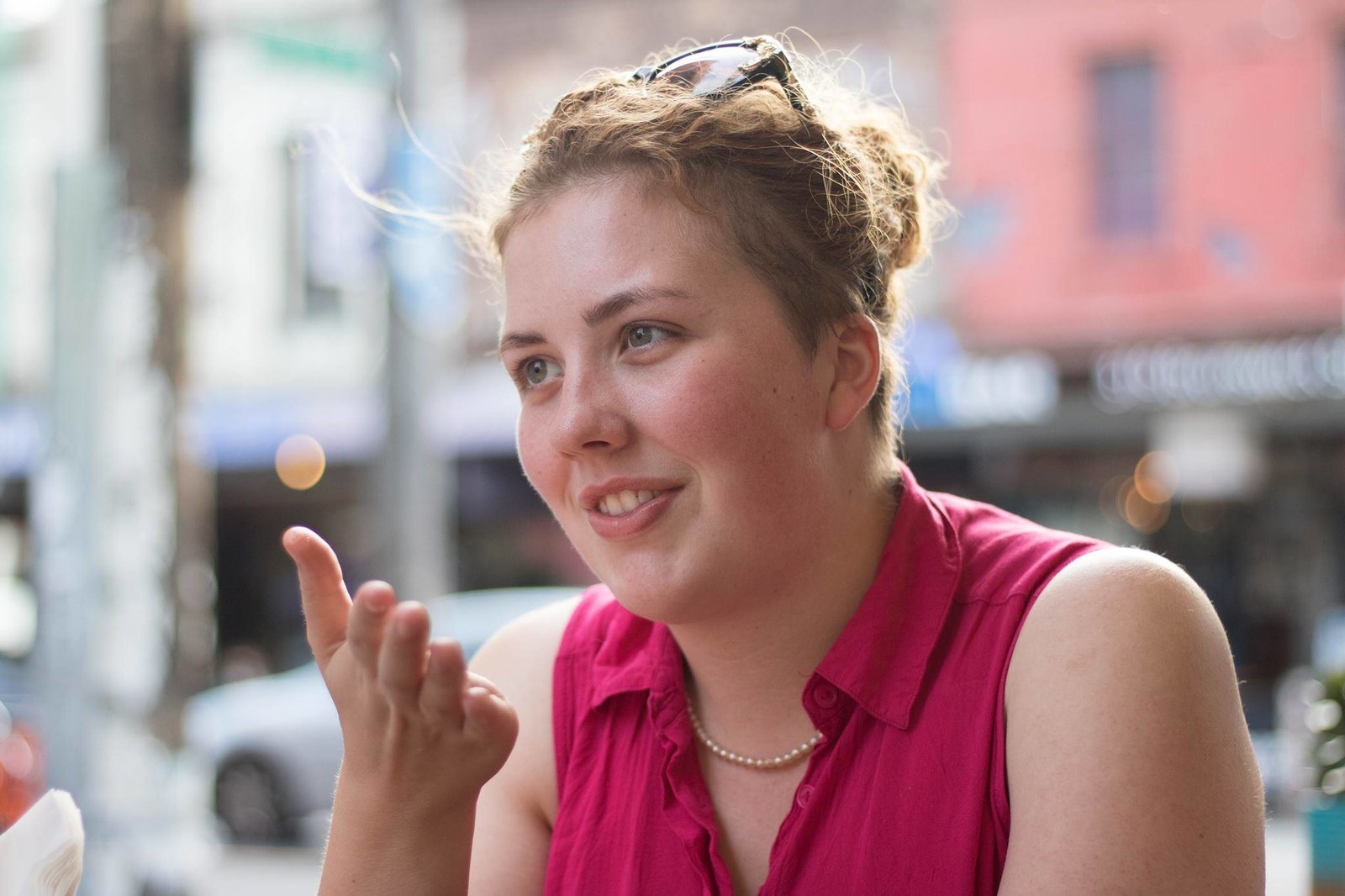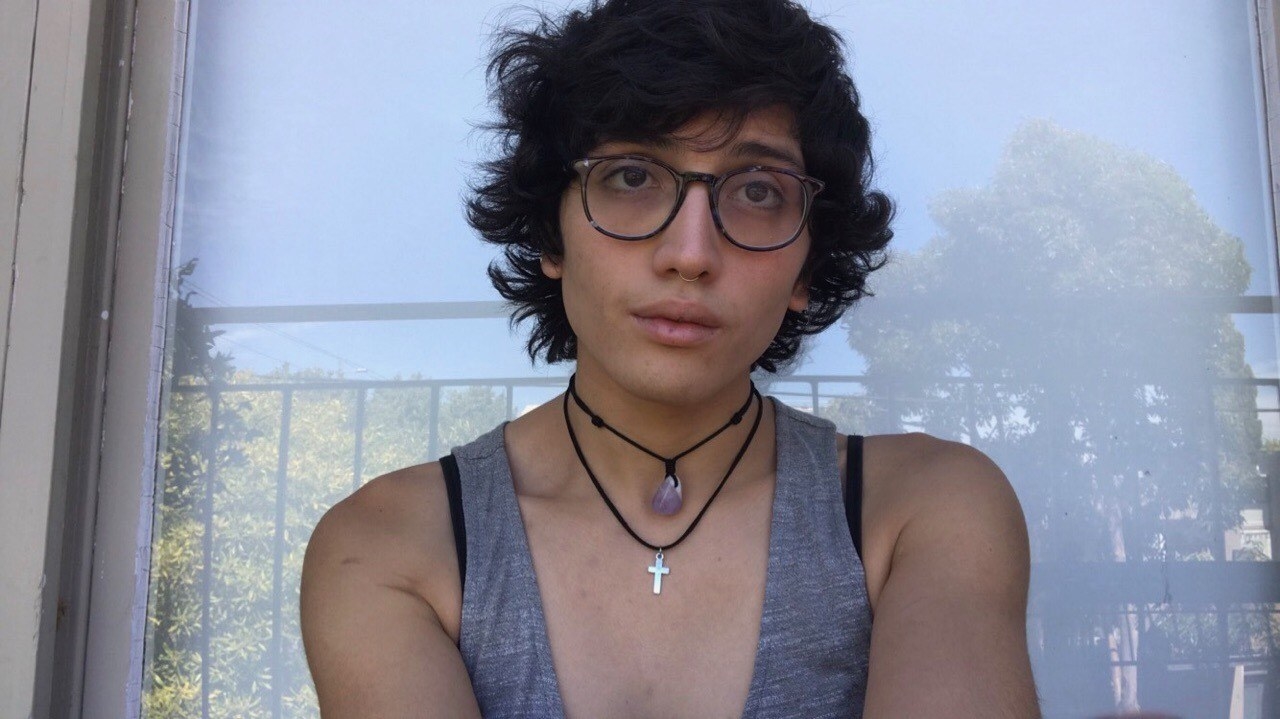A new, landmark suicide prevention strategy sets out a national plan for addressing the high rates of suicide attempts and mental ill-health among LGBTI Australians.

LGBTI Australians are more likely to attempt suicide and to harm themselves than the general population. They are also more likely to be diagnosed with a mental health disorder.
Transgender people aged 18 and over are nearly 11 times more likely to attempt suicide than the general population, and intersex people aged 16 and over are nearly six times more likely. Young LGBTI people – those aged between 16 and 27 – are five times more likely.
Now, the peak body for LGBTI health in Australia, the National LGBTI Health Alliance, has created a National LGBTI Mental Health & Suicide Prevention Strategy – the first of its kind in Australia, and a global rarity too.
The strategy was created as part of mindOUT, the LGBTI mental health and suicide prevention project run by the National LGBTI Health Alliance.
Sally Morris, the national project coordinator of mindOUT and one of the strategy's authors, told BuzzFeed News that a coherent and comprehensive suicide prevention strategy for LGBTI people is sorely needed.
"I work a lot with mainstream mental health organisations. What we're hearing from them is that they want to do LGBTI work better, but don't really know how to do that," she said.
"There's lots of goodwill, good intentions, some resources, but not an overarching picture."
The strategy is based on five guiding principles: evidence, access, lived experience, social inclusion, and acknowledging LGBTI people are not all the same.
It makes the point that addressing key causal factors in mental ill-health and suicide – such as discrimination, exclusion and stigma – is the best prevention measure.
Morris said the strategy has the capacity to create "significant change" – but commitment from governments is essential.
"The document is pretty, and it's got a lot of words, but it's not going to change the lived experience of people unless it is implemented," she said.
Ahead of the strategy launch, BuzzFeed News spoke to two LGBTI people about their own experiences with suicide and mental ill-health.
Sophia Frentz, 24

When Sophia Frentz was in high school, her depression was hidden under a veneer of academic achievement.
"I was a very high-achieving, hard-working student who was incredibly sad all the time," she told BuzzFeed News.
Frentz, who is bisexual, had a close friend who she spoke to about how down she was feeling, and she started to think about coming out to that friend.
"She was the friend I spoke to about everything. I had been talking to her a lot about my struggles with mental illness and the issues I was facing," she said.
"Eventually I got up the nerve to tell her about that – I convinced myself, it'll be fine, you can tell her. Essentially convincing myself she wouldn't hate me for saying that."
Frentz finally said the words, via a text – and was utterly rejected.
"I said something like 'I'm really into women, I have a bad crush on someone we know'."
"Her immediate response was 'that's disgusting, that's horrible'. She told me to stay away from our friend who I have a crush on."
The toxic combination of depression, rejection for her sexuality, and the pressures of high school was overwhelming for Frentz, who attempted suicide twice when she was 15.
"It's really hard to look back and see what led up to it. It's depression, and also high school," she said.
"Something I pinpoint as being a key factor in that is fear. Fear of the future is something that triggered suicidal thoughts."
In the aftermath of the incident, Frentz saw the school counsellor, but was too afraid to talk to them about her sexuality.
"I would avoid that part of my life, which meant I was keeping something back from someone I was meant to tell everything to so they could help," she said.
"This sounds like a really small thing, but I stress the importance of people being obvious allies. If I had walked into a counsellor's office and they had a rainbow flag in their pen holder, I would have been more comfortable saying, 'I came out to a friend and it sucked'."
Frentz attempted suicide again while she was at university, following a downturn in her mental health after the sudden death of her best friend.
Now, Frentz is studying for a PhD into mitochondrial disorders at the Murdoch Children's Research Institute at the University of Melbourne.
She has reconciled with the prospect of depression being a constant factor in her life – "the doctors say it's chemical, it's a presumably lifetime predisposition" – but the overwhelming fear of the future has, to some extent, ebbed.
"I'm fine with being alive, I'm medicated now. I'm living my life, doing my thing. I'm not as afraid of the future. I accept [attempting suicide] as something that happened and now I'm moving past it," she said.
"That's how I try to deal with things that happen to me – this is neither good nor bad, this happened, and now I am moving through."
Mati Munoz, 25

Mati Munoz has been dealing with mental health issues since she was 13.
"I've had a bit of experience with suicide attempts, self-harming, using drugs and alcohol to deal with emotions and stuff like that. I haven't always dealt with that in the best way," she told BuzzFeed News.
Munoz, who is transgender, was badly bullied and ostracised at school. The other kids would hurl words like "fag" and "freak" at her, mocking the way she talked, the way she walked, and her mannerisms.
"Kids can be extremely cruel," she said. "I came out as gay, originally, and lot of my depression and anxiety came from feeling different, feeling alone."
The experience weighed heavily on Munoz, and she developed anorexia and bulimia. She regularly self-harmed, and attempted suicide more than once.
It was after another suicide attempt last year than Munoz was prompted to come out as transgender.
"Knowing how much I had hurt [my mother and sister], it really affected me on such an intense level," she said.
"After the hospital, I made a conscious decision to keep trying in my life as best I could. That's when I came out as trans."
That decision was, in many ways, one of the most empowering moments in her life.
"It's been life-changing. Coming out as trans has been one of the biggest turning points of my life, for the better," she said.
But Munoz has faced difficulties with some members of her family.
"I come from a very traditional South American family. In our culture, men have to be men," Munoz said.
"It's definitely been a struggle for some people in the family to accept that I identified as gay, and now that I'm trans, my dad especially – because he came from the military and is a traditional macho man – has struggled a lot with my being trans."
Now, when Munoz thinks about the times she tried to take her own life, she thinks about her family and friends.
She has a great relationship with her younger sister and her mother, and has close friends who have stood by her through tough times.
"When I was younger, I didn't necessarily understand [what] the concept of taking my life was," she said.
"When you're young, you don't have that concept of 'If I were to actually commit suicide, that would be the end for me'. It's almost like, you do it, but you don't fully grasp it."
"It probably wasn't until last year, when I had my last suicide attempt, that I fully understood the effect that attempting suicide, and wanting to just end it all, has on yourself and your family."
If you or someone you know needs help, contact Lifeline on 13 11 14 or visit Lifeline.org.au. You can also contact QLife, the national telephone and webchat support service for LGBTI people in Australia, on 1800 184 527 (3pm-midnight) or at www.qlife.org.au.
